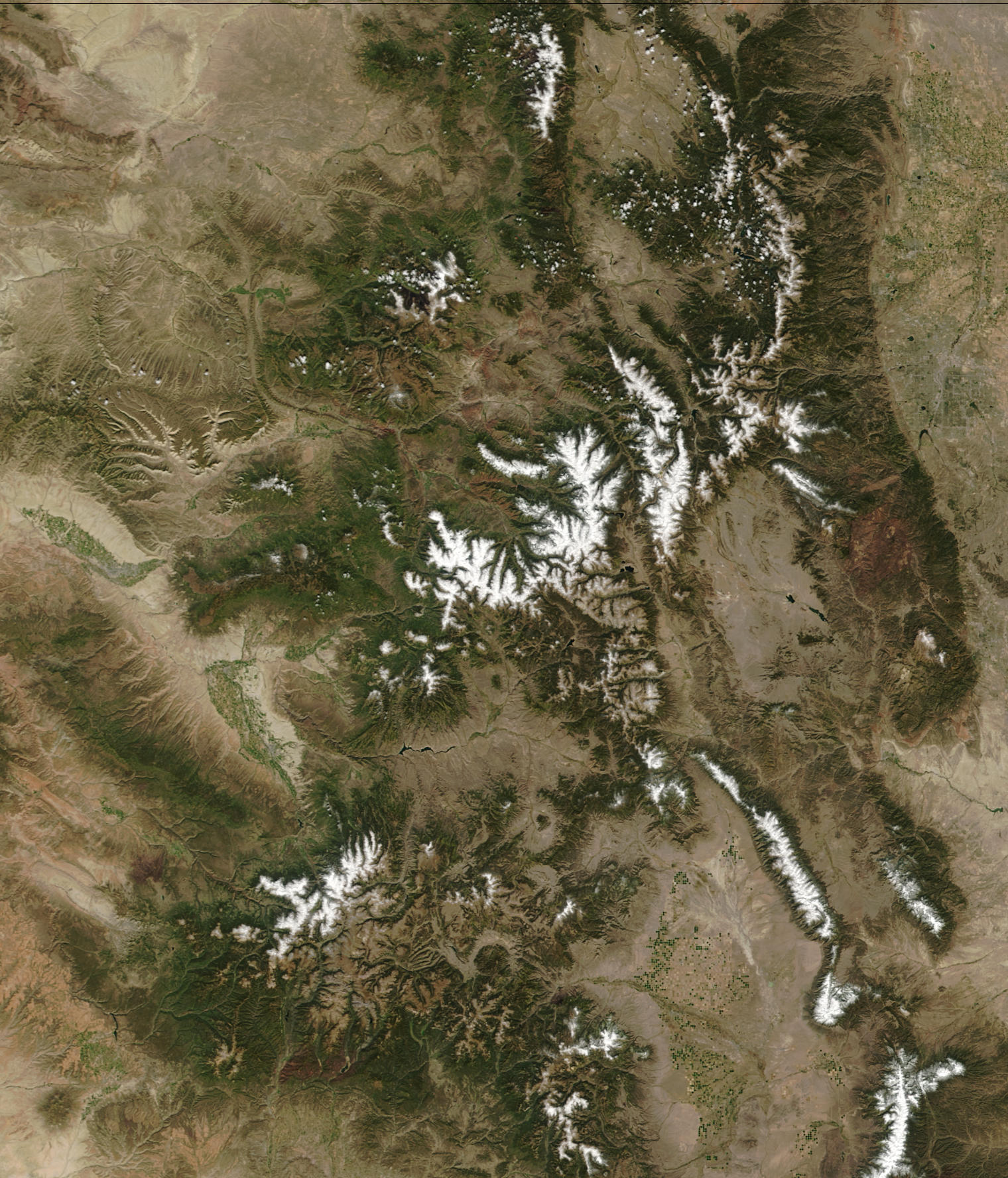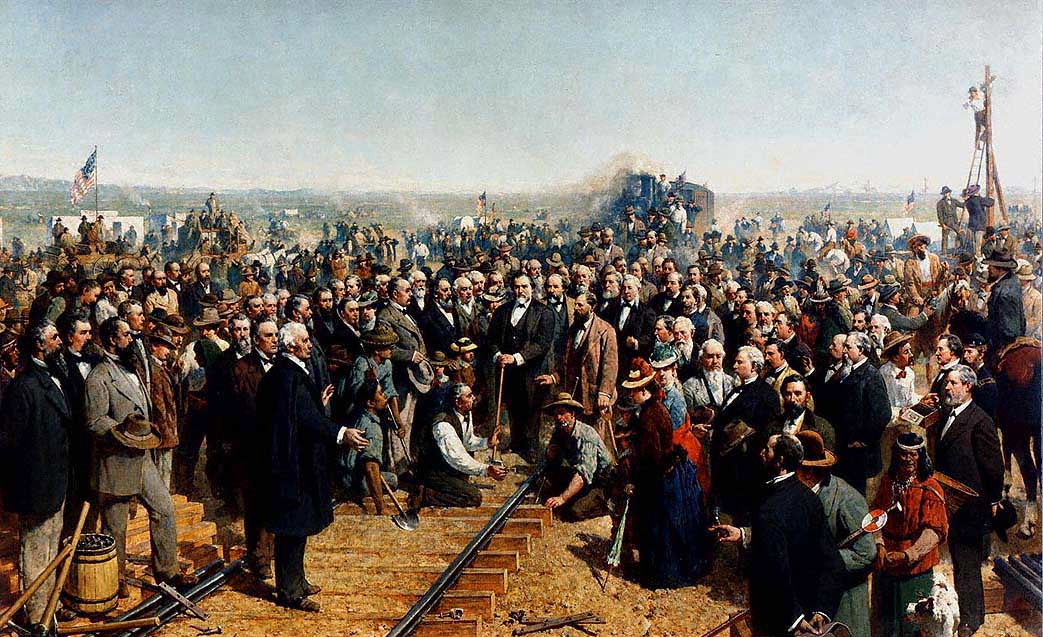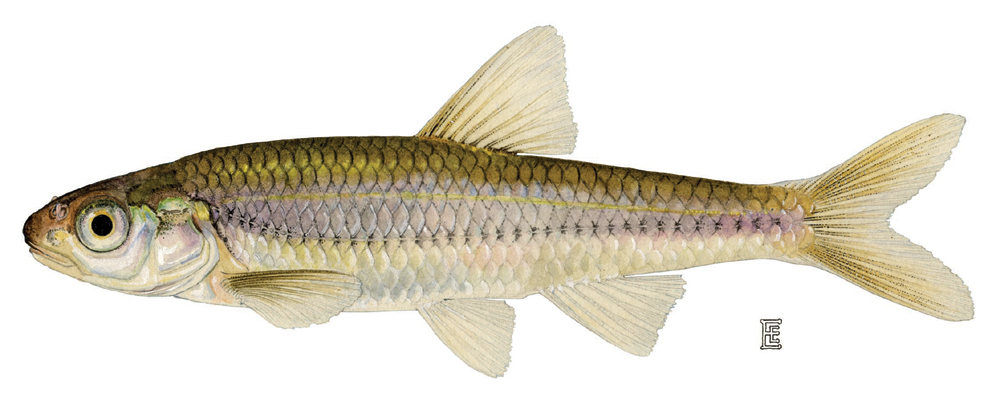|
Eldorado Mountain
Eldorado Mountain is a mountain summit on the eastern flank of the Front Range of the Rocky Mountains of North America. The peak is located south by west ( bearing 196°) of downtown Boulder, Colorado, United States. The mountain is largely in Boulder County but it straddles the border and its southern flanks are located in Jefferson County. Its name was probably borrowed from the nearby community of Eldorado Springs. Ownership On the Boulder County side, about half of the mountain is owned by the City of Boulder; other large parcels are owned by Boulder County, Eldorado Canyon State Park and the Bureau of Land Management. On the Jefferson County side, various parcels are owned by private parties. Dimensions The lowest part of the mountain is its northeast toe with an elevation of about —giving the mountain a total height of about . At its longest, the mountain measures about two miles (3 km) across on a south-east axis. The summit is owned by the City of Bould ... [...More Info...] [...Related Items...] OR: [Wikipedia] [Google] [Baidu] |
Sea Level Datum Of 1929
The National Geodetic Vertical Datum of 1929 is the official name since 1973 of the vertical datum established for vertical control surveying in the United States, United States of America by the General Adjustment of 1929. Originally known as Sea Level Datum of 1929, NGVD 29 was determined and published by the National Geodetic Survey and used to measure the elevation of a point above and depression (geology), depression below mean sea level (MSL). NGVD29 was superseded by the North American Vertical Datum of 1988 (NAVD 88), based upon reference to a single benchmark (referenced to the new International Great Lakes Datum of 1985 local mean sea level height value), although many cities and U.S. Army Corps of Engineers "legacy" projects with established data continued to use the older datum. Methodology Mean sea level was measured at 26 tide gauges: 21 in the United States and 5 in Canada. The datum was defined by the observed heights of mean sea level at the 26 tide gauges and ... [...More Info...] [...Related Items...] OR: [Wikipedia] [Google] [Baidu] |
KBCO
KBCO (97.3 FM) is a radio station in Denver that is licensed to Boulder, Colorado. Owned by iHeartMedia, it broadcasts an adult album alternative (AAA) format. Its studios are located alongside its sister stations in southeast Denver, while its transmitter is located southwest of Eldorado Springs. History In 1955, the station first signed on as KRNW. It was owned by Robert Wilkenson and broadcast with an effective radiated power of 2,000 watts, a fraction of its current output. The studios were located at 1305 Spruce Street in downtown Boulder. The current format on the station was derived in part from another Boulder station, KADE 1190 AM (now KVCU). KADE was a solar-powered daytimer station, which signed on and off the air in conjunction with the rising and setting of the sun. KADE was purchased in 1975 by Bob Greenlee. Two years later, Greenlee also purchased KRNW, which then became KBCO-FM. The original studio was located in an office complex at 1900 Folsom Street in ... [...More Info...] [...Related Items...] OR: [Wikipedia] [Google] [Baidu] |
List Of Mountain Ranges Of Colorado
This is a list of the major mountain ranges in the U.S. State of Colorado. All of these ranges are considered subranges of the Southern Rocky Mountains. As given in the table, topographic elevation is the vertical distance above the reference geoid, a mathematical model of the Earth's sea level as an equipotential gravitational surface. The topographic prominence of a summit is the elevation difference between that summit and the highest or key col to a higher summit. The topographic isolation of a summit is the minimum great-circle distance to a point of equal elevation. All elevations in this article include an elevation adjustment from the National Geodetic Vertical Datum of 1929 (NGVD 29) to the North American Vertical Datum of 1988 (NAVD 88). For further information, please see this United States National Geodetic Surveybr>note If an elevation or prominence is calculated as a range of values, the arithmetic mean is shown. __TOC__ Mountain ranges Gallery Image:Mo ... [...More Info...] [...Related Items...] OR: [Wikipedia] [Google] [Baidu] |
Denver Water
Denver Water serves 1.4 million people in the City and County of Denver, Colorado, and a portion of its surrounding suburbs. Established in 1918, the utility is a public agency funded by water rates and new tap fees, not taxes. It is Colorado's oldest and largest water utility. Overview Denver Water's primary water sources are the South Platte River The South Platte River is one of the two principal tributaries of the Platte River. Flowing through the U.S. states of Colorado and Nebraska, it is itself a major river of the American Midwest and the American Southwest/ Mountain West. It ..., Blue River, Williams Fork and Fraser River watersheds, but it also uses water from the South Boulder Creek, Ralston Creek and Bear Creek watersheds. History The first residents of the Denver area drank water directly from the creek and river. Surface wells and buckets of water sufficed for a while as a delivery system, but they soon proved inadequate. Irrigation ditches were th ... [...More Info...] [...Related Items...] OR: [Wikipedia] [Google] [Baidu] |
Ralston Reservoir
Ralston Dam (National ID # CO00205) is a dam in Jefferson County, Colorado. The earthen dam was constructed in 1937 by the Denver Board Of Water Commissioners, with a height of 204 feet, and a length of 1170 feet at its crest. It impounds Ralston Creek for municipal water supply for the city of Denver. The dam is owned and operated by the Denver Board Of Water Commissioners. The reservoir it creates, Ralston Reservoir, has a normal water surface of 160 acres, has a maximum capacity of 15,900 acre-feet The acre-foot is a non- SI unit of volume equal to about commonly used in the United States in reference to large-scale water resources, such as reservoirs, aqueducts, canals, sewer flow capacity, irrigation water, and river flows. An acre-f ..., and a normal capacity of 13,200 acre-feet. In 2010 officials discovered that the defunct Schwartzwalder uranium mine was contaminating groundwater near the reservoir, threatening the Denver water supply with concentrations of uraniu ... [...More Info...] [...Related Items...] OR: [Wikipedia] [Google] [Baidu] |
California Zephyr
The ''California Zephyr'' is a passenger train operated by Amtrak between Chicago and the San Francisco Bay Area (at Emeryville), via Omaha, Denver, Salt Lake City, and Reno. At , it is Amtrak's longest daily route, and second-longest overall after the ''Texas Eagle's'' triweekly continuation from San Antonio to Los Angeles, with travel time between the termini taking approximately 51 hours. Amtrak claims the route as one of its most scenic, with views of the upper Colorado River valley in the Rocky Mountains, and the Sierra Nevada. The modern train is the second iteration of a train named ''California Zephyr''; the original train was privately operated and ran on a different route through Nevada and California. During fiscal year 2019, the ''California Zephyr'' carried 410,844 passengers, a decrease of 1.8% over FY2018. The train had a total revenue of $51,950,998 in FY2016, an increase of 6.5% over FY2015. History Previous service Prior to the 1971 creation of Amtrak, ... [...More Info...] [...Related Items...] OR: [Wikipedia] [Google] [Baidu] |
Amtrak
The National Railroad Passenger Corporation, Trade name, doing business as Amtrak () , is the national Passenger train, passenger railroad company of the United States. It operates inter-city rail service in 46 of the 48 contiguous United States, contiguous U.S. States and nine cities in Canada. ''Amtrak'' is a portmanteau of the words ''America'' and ''trak'', the latter itself a sensational spelling of ''track''. Founded in 1971 as a quasi-public corporation to operate many U.S. passenger rail routes, Amtrak receives a combination of state and federal subsidies but is managed as a for-profit corporation, for-profit organization. The United States federal government, through the United States Secretary of Transportation, Secretary of Transportation, owns all the company's Issued shares, issued and Shares outstanding, outstanding preferred stock. Amtrak's headquarters is located one block west of Washington Union Station, Union Station in Washington, D.C. Amtrak serves more th ... [...More Info...] [...Related Items...] OR: [Wikipedia] [Google] [Baidu] |
Moffat Tunnel
The Moffat Tunnel is a railroad and water tunnel that cuts through the Continental Divide in north-central Colorado. Named after Colorado railroad pioneer David Moffat, the tunnel's first official railroad traffic passed through in February 1928. The Moffat Tunnel finally provided Denver with a western link through the Continental Divide, as both Cheyenne, Wyoming, to the north and Pueblo to the south already enjoyed rail access to the West Coast. It follows the right-of-way laid out by Moffat in 1902 while he was seeking a better and shorter route from Denver to Salt Lake City. The Moffat Tunnel averages 15 trains per day. The railroad and water tunnels parallel one another; the water tunnel delivers a portion of Denver's water supply. In 1979, the tunnel was designated as a National Historic Civil Engineering Landmark by the American Society of Civil Engineers. Overview The eastern portal is about west of Denver in the Front Range, about west of the town of Rollinsville a ... [...More Info...] [...Related Items...] OR: [Wikipedia] [Google] [Baidu] |
Union Pacific Railroad
The Union Pacific Railroad , legally Union Pacific Railroad Company and often called simply Union Pacific, is a freight-hauling railroad that operates 8,300 locomotives over routes in 23 U.S. states west of Chicago and New Orleans. Union Pacific is the second largest railroad in the United States after BNSF, with which it shares a duopoly on transcontinental freight rail lines in the Western, Midwestern and Southern United States. Founded in 1862, the original Union Pacific Rail Road was part of the first transcontinental railroad project, later known as the Overland Route. Over the next century, UP absorbed the Missouri Pacific Railroad, the Chicago and North Western Transportation Company, the Western Pacific Railroad, the Missouri–Kansas–Texas Railroad and the Chicago, Rock Island and Pacific Railroad. In 1996, the Union Pacific merged with Southern Pacific Transportation Company, itself a giant system that was absorbed by the Denver and Rio Grande Western Railroad ... [...More Info...] [...Related Items...] OR: [Wikipedia] [Google] [Baidu] |
Funicular
A funicular (, , ) is a type of cable railway system that connects points along a railway track laid on a steep slope. The system is characterized by two counterbalanced carriages (also called cars or trains) permanently attached to opposite ends of a haulage cable, which is looped over a pulley at the upper end of the track. The result of such a configuration is that the two carriages move synchronously: as one ascends, the other descends at an equal speed. This feature distinguishes funiculars from inclined elevators, which have a single car that is hauled uphill. The term ''funicular'' derives from the Latin word , the diminutive of , meaning 'rope'. Operation In a funicular, both cars are permanently connected to the opposite ends of the same cable, known as a ''haul rope''; this haul rope runs through a system of pulleys at the upper end of the line. If the railway track is not perfectly straight, the cable is guided along the track using sheaves – unpowered pulleys tha ... [...More Info...] [...Related Items...] OR: [Wikipedia] [Google] [Baidu] |
Boulder Creek (Colorado)
Boulder Creek is a U.S. Geological Survey. National Hydrography Dataset high-resolution flowline dataThe National Map, accessed March 25, 2011 creek draining the Rocky Mountains to the west of Boulder, Colorado, as well as the city itself and surrounding plains. Route The creek is formed by two main tributaries rising along the Continental Divide: North and Middle Boulder Creek; and later joined by South Boulder Creek. North Boulder Creek forms in a valley between Navajo Peak and Arikaree Peak on the Continental Divide, in the Green Lakes chain of lakes. The creek flows past the community of Switzerland Park to join Middle Boulder Creek. Middle Boulder Creek rises as two forks from the Continental Divide: the North Fork rises in a cirque below Mount Neva and flows to the South Fork. The South Fork rises at Rollins Pass on the Continental Divide and flows to the North Fork. From the junction of the two forks, Middle Boulder Creek, long, flows east through the towns of ... [...More Info...] [...Related Items...] OR: [Wikipedia] [Google] [Baidu] |




